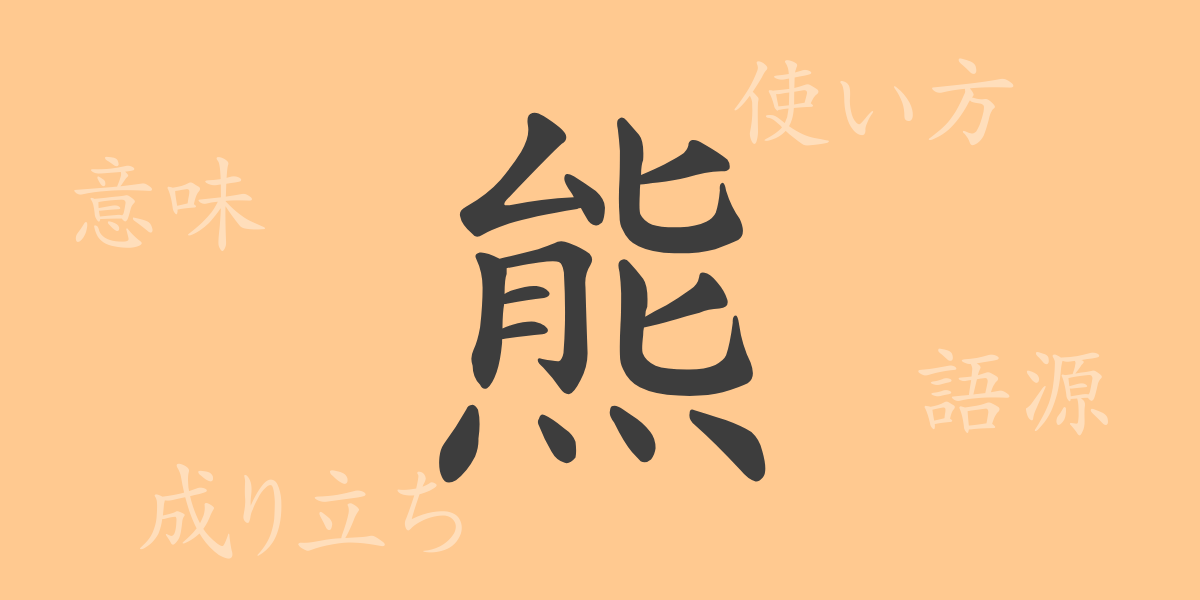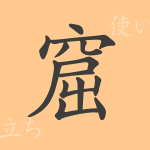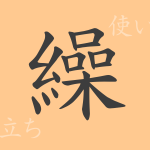What comes to mind when you think of a bear? Strength, a symbol of the wild, or perhaps a beloved character? The history and cultural significance of this single character, “熊(くま),” are surprisingly deep and diverse. This article delves into the origins, meanings, uses, readings, idioms, and proverbs associated with the common kanji “熊(くま),” unraveling its charm.
Origin of 熊(くま) (Etymology)
The kanji “熊(くま)” has been used since ancient times, deriving from pictograms representing the bear’s form. Ancient characters depicting a bear included parts indicating the animal’s head and body, evolving into the modern kanji. According to ancient Chinese texts, “熊(くま)” means “able to climb,” named after the bear’s ability to climb trees.
Meanings and Uses of 熊(くま)
The kanji “熊(くま)” refers to the mammal bear and symbolically represents strength and bravery. It is also affectionately referred to as “くまさん(くまさん)” (Mr. Bear). Besides indicating the animal, “熊(くま)” is used in personal names and place names.
Readings, Stroke Count, and Radical of 熊(くま)
The kanji “熊(くま)” is complex in appearance and recognized as a common kanji in Japanese.
- Readings: On’yomi (Chinese reading) – “ユウ(ゆう)”; Kun’yomi (Japanese reading) – “くま”
- Stroke count: 14 strokes
- Radical: The radical is “犬(けん)” (dog), but it also includes “火(ひ)” (fire), symbolizing a fiery beast.
Idioms, Phrases, and Proverbs Using 熊(くま)
Japanese language includes many idioms, phrases, and proverbs involving “熊(くま).” For instance, “熊手を持って鮭を待つ(くまでをもってさけをまつ)” means waiting for good things to happen without doing anything. “熊の子に教える(くまのこにおしえる)” signifies the naturalness or obviousness of a parent teaching their child. These expressions use bear-related behaviors and traits to depict various human experiences.
Conclusion on 熊(くま)
The kanji “熊(くま)” has woven many stories from its origins to the present. It signifies an animal and embodies strength, cuteness, and various proverbs and idioms with valuable lessons. The position of “熊(くま)” in Japanese culture is profound and extensive, continuing to live in our language.

























